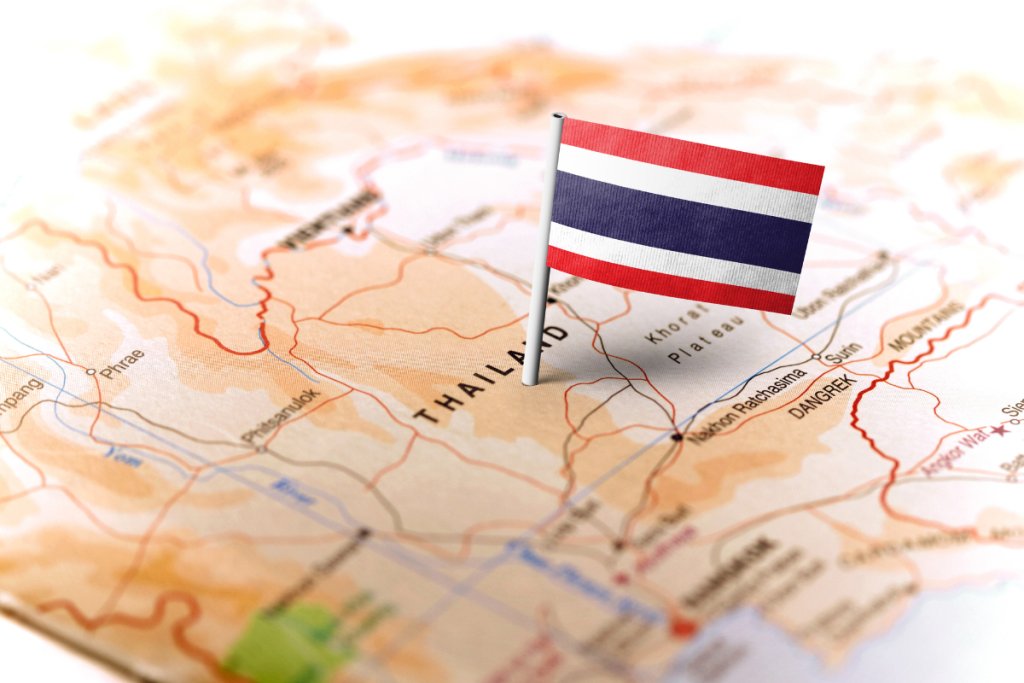With the clock ticking toward a White House-imposed tariff deadline, Thailand is offering sweeping trade concessions, including zero-duty access for U.S. products and looser import restrictions, to shield its $46 billion surplus and safeguard export momentum into its top market.
Expanded Concessions Signal Urgency in Bangkok
Facing a potential 36% tariff on its exports, Thailand is preparing a suite of trade sweeteners aimed at securing a deal with the Trump administration. Finance Minister Pichai Chunahavajira said the government may reduce import duties on longan and tilapia fish from the U.S. to zero, ease restrictions on left-hand drive vehicle imports, and waive taxes on goods already duty-free under Thailand’s existing trade agreements. These proposals are part of broader efforts to meet U.S. demands while preserving key domestic economic interests.
The urgency stems from Thailand’s reliance on the U.S. market, which accounted for 18% of exports in 2024. The country has already pledged to eliminate duties on 90% of U.S. goods and ramp up imports of American agricultural and energy products to narrow its trade surplus. A surge in export orders during the first five months of 2025, driven by pre-tariff stockpiling, has heightened the stakes, with officials now aiming to finalize a deal before the August 1 deadline set by President Trump.
Beyond Tariffs: Politics in Play
But the negotiations go beyond economics. According to Minister Pichai, some U.S. demands extend into geopolitical territory, raising sensitivities at home. “Any agreement must be mutually beneficial and sustainable,” he said in an official statement, warning that domestic unrest could follow if concessions are perceived as capitulation. Despite the pressure, Thai officials remain optimistic, viewing their domestic production base, which relies heavily on local content, as relatively insulated from Washington’s pushback on transshipment and sourcing practices.
Thailand is among several Asian countries that have received tariff warning letters amid heightened U.S. scrutiny over supply chain rerouting. Vietnam has already accepted steep tariffs, including a 40% levy on suspected Chinese transshipped goods. With Thai shipments under threat, failure to secure a reprieve could shave up to a full percentage point off GDP projections.
From Trade Concessions to Industrial Policy Coherence
Thailand’s willingness to open its markets may avert immediate tariff damage, but the deeper challenge lies in aligning short-term trade diplomacy with long-term industrial strategy. As more countries shift from passive export reliance to proactive reshoring and friendshoring agendas, concessions made today could narrow policy flexibility tomorrow. The real measure of success won’t just be a deal struck by August 1, it will be whether Thailand can turn reactive negotiations into a coherent strategy for industrial self-determination in an era of supply chain fragmentation.




